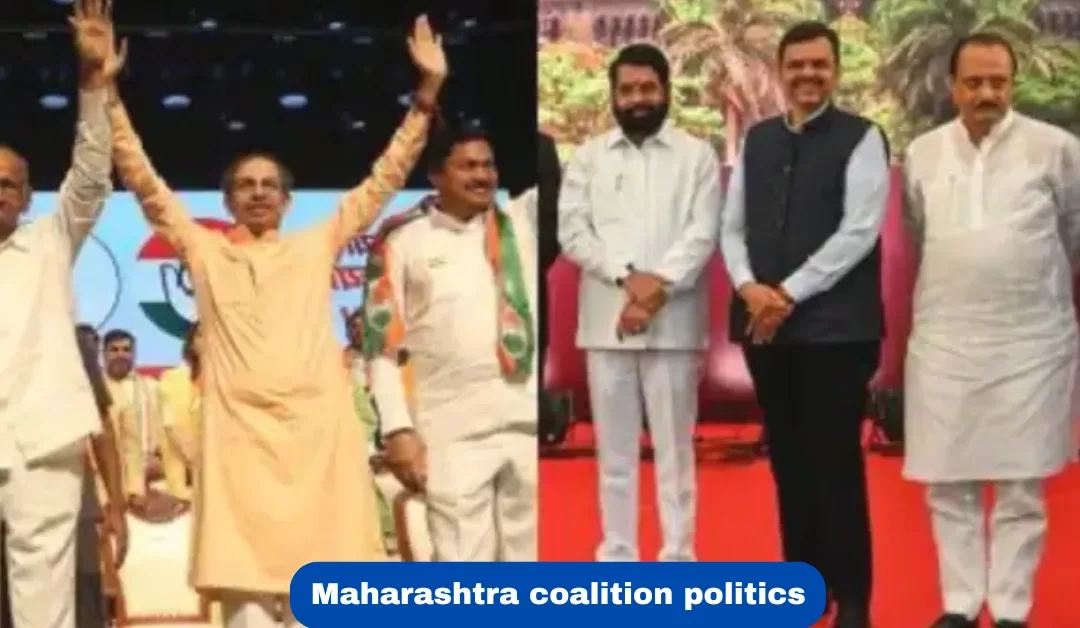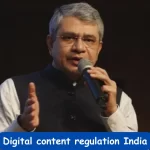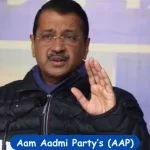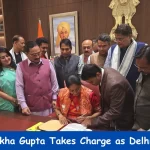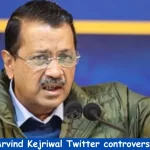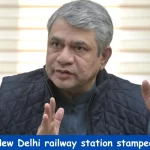For the past 34 years, no political party in Maharashtra has been able to secure the majority of 145 seats required to form a government independently. This has made coalition politics a permanent fixture in the state’s governance, with alliances such as the Mahayuti and Maha Vikas Aghadi (MVA) playing pivotal roles. Let’s explore the key factors driving this trend and what it means for Maharashtra’s political and economic landscape.
Maharashtra’s Political Landscape: Coalition is the Norm
Since 1995, coalition politics has been the standard in Maharashtra. No party has been able to win the magic number of 145 seats in the 288-member Assembly. As the state gears up for the next government formation, alliances will once again determine who comes to power.
- The Mahayuti Alliance: Comprising the BJP, Shiv Sena (Eknath Shinde faction), and the NCP (Ajit Pawar faction).
- The MVA Alliance: Includes Congress, Shiv Sena (Uddhav Thackeray faction), and the NCP (Sharad Pawar faction).
Both alliances have aggressively campaigned, leaving no stone unturned to sway voters.
High Voter Turnout Indicates a Decisive Mandate
Maharashtra recorded a high voter turnout of 66.05% during the latest Assembly elections, the highest since 1995. Both alliances are optimistic that this surge will favor them:
- BJP leaders, including Deputy Chief Minister Devendra Fadnavis, attribute the turnout to a “pro-incumbency wave.”
- The Congress sees it as a mandate for the MVA, signaling voter dissatisfaction with the current government.
High voter engagement could result in clearer political outcomes but does not guarantee a single-party rule.
Regional Parties: The Power Brokers
Maharashtra’s political dynamics are shaped by strong regional parties like the Shiv Sena and the NCP. These parties hold significant public support, making them indispensable in government formation.
- The Vanchit Bahujan Aghadi (VBA), led by Prakash Ambedkar, remains a wildcard. Though contesting independently, it may play a role in supporting a coalition government if it wins key seats.
Prakash Ambedkar highlights the importance of regional parties, stating, “Politics in Maharashtra no longer revolves around national parties like Congress or BJP; regional parties are now essential.”
A Look Back at Maharashtra’s Political History
Maharashtra’s journey in coalition politics started decades ago.
- In 1962, Congress dominated with 215 seats.
- By 1978, internal splits and the rise of other parties like the Janata Party resulted in fractured mandates.
- The first coalition government came to power in 1995, led by the Shiv Sena-BJP alliance.
- From 1999 to 2014, the Congress-NCP ruled the state, while the BJP-Shiv Sena remained in Opposition.
The trend continued post-2014, with political realignments like Uddhav Thackeray’s break from the BJP in 2019 and Ajit Pawar’s recent switch to the Mahayuti in 2023.
Challenges of Coalition Politics
Coalitions in Maharashtra often face internal challenges:
- Power Struggles: Disagreements over key positions like Chief Minister or Deputy Chief Minister.
- Policy Deadlocks: Diverse ideologies within alliances can lead to conflicting governance priorities.
- Frequent Realignments: As seen in 2022, when the BJP allied with Eknath Shinde’s Shiv Sena faction, displacing the MVA government.
Despite these challenges, coalition politics remains the most viable option in Maharashtra’s fractured political environment.
Future of Maharashtra Politics
The current political scenario suggests that coalition politics is here to stay. With strong regional parties and fractured mandates, a single-party government seems unlikely.
- The Mahayuti and MVA alliances are deeply entrenched in their roles.
- The BJP continues to expand its influence but still relies on regional allies for support.
- Congress and the NCP face internal divisions but remain significant players.
Maharashtra’s political future will depend on how these alliances evolve and adapt to changing voter expectations.
Key Takeaways for the Market
Maharashtra’s political stability impacts economic growth, investor confidence, and developmental projects. The continued coalition trend could mean:
- Policy Delays: Slower decision-making due to alliance negotiations.
- Infrastructure Projects: Potential benefits as all parties promise to prioritize development.
Investment Opportunities: Sectors like real estate and manufacturing could see growth depending on policy focus.

